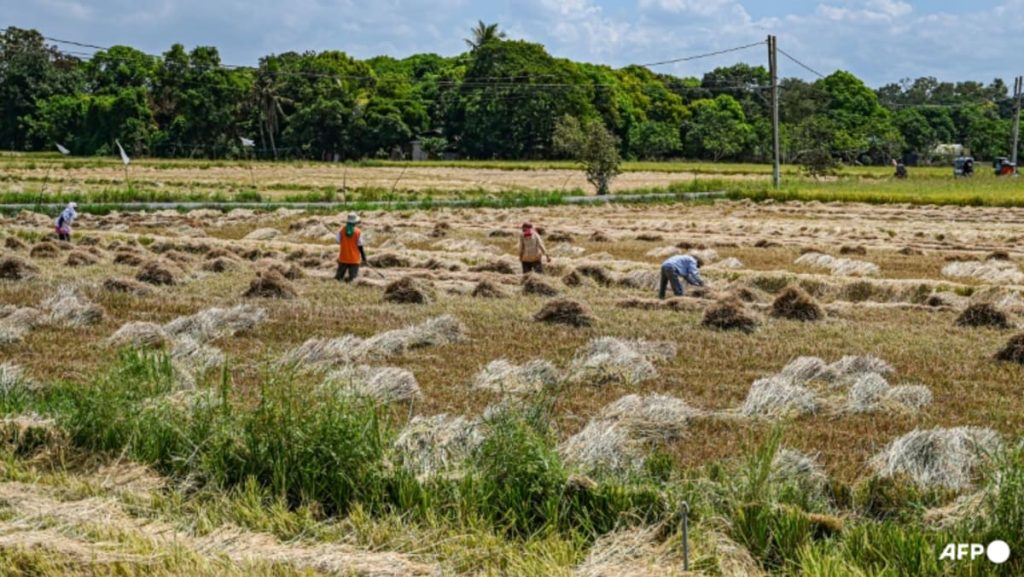In a recent ruling, a Philippine court has halted the commercial propagation of genetically modified golden rice due to concerns surrounding its health and environmental safety. The court cited conflicting scientific views on the matter, leading to uncertainties about the potential risks associated with the crop. Golden rice is a genetically modified variety that has been enriched with vitamin A, aiming to address malnutrition in developing countries where rice is a staple food.
The Philippines was the first country to approve the cultivation of golden rice, which was developed as a solution to vitamin A deficiency, a widespread issue in many parts of the world. However, the court’s decision to block its commercial propagation reflects growing concerns about the potential risks that genetically modified crops may pose to human health and the environment. The conflicting scientific views on the safety of golden rice have created uncertainties that need to be addressed before its widespread adoption can be considered.
Critics of genetically modified crops argue that they may have negative effects on human health and the environment, leading to concerns about the long-term consequences of introducing such crops into the food supply. The court’s decision to block the commercial propagation of golden rice highlights the need for additional research and evaluation of the potential risks associated with genetically modified foods before they are approved for widespread cultivation. This precautionary approach is necessary to protect public health and the environment.
Despite its potential benefits in addressing malnutrition, golden rice has faced challenges in gaining widespread acceptance due to concerns about its safety and potential risks. The court’s ruling reflects a growing awareness of the need for a thorough evaluation of genetically modified crops to ensure that they do not pose harm to consumers or the environment. While golden rice may hold promise in combating vitamin A deficiency, it is essential to address the uncertainties surrounding its safety before moving forward with its commercial propagation.
The court’s decision to block the commercial propagation of golden rice underscores the importance of maintaining rigorous safety standards for genetically modified crops. As the first country to approve golden rice, the Philippines has set a precedent for other nations considering the adoption of genetically modified foods. It is essential to consider the potential risks and uncertainties associated with such crops before approving their cultivation, ensuring that they do not pose harm to human health or the environment.
Moving forward, further research and evaluation will be needed to address the concerns surrounding the safety of genetically modified golden rice. By taking a precautionary approach and carefully evaluating the potential risks, policymakers can ensure that genetically modified crops like golden rice are safe for consumption and do not pose harm to the environment. The court’s decision highlights the need for continued scrutiny of genetically modified foods to ensure that they meet rigorous safety standards and do not endanger public health or the environment.















